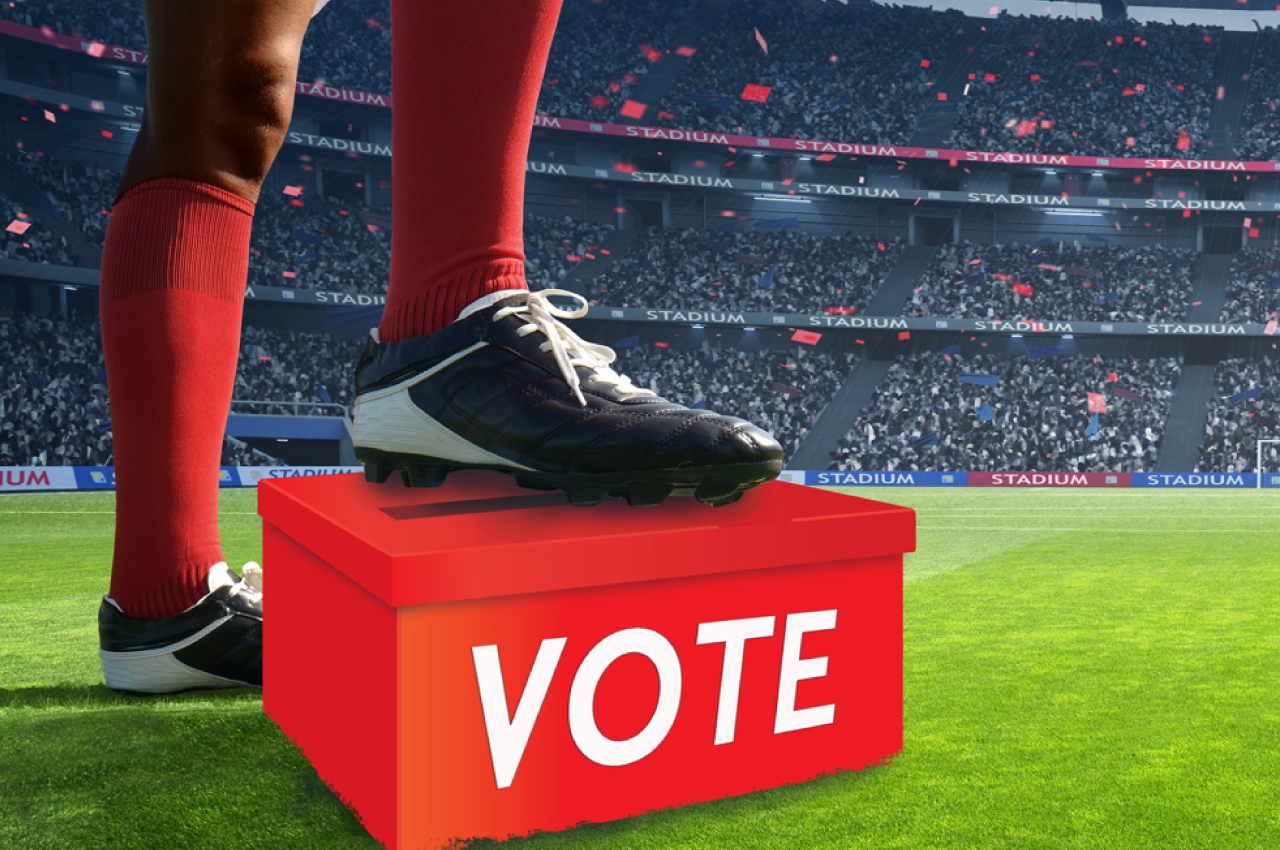Whether you are a seasoned pro, or a weekend warrior, there is a lot to love about sport. The great outdoors, the adrenaline, the competition… the winning! It seems strange to think that there may be a connection between sport and leadership, but not only does that connection exist, it’s a lot stronger than you might think. To be a successful sportsman requires more than just skills with a ball. Successful athletes recognize the importance of teamwork and trust, they know how to deal with adversity and conflict, and they know how to think strategically and shift course when necessary. It’s these very same skills that make a successful leader.
How playing sport teaches leadership skills:
- Teamwork
Teamwork is one of the most fundamental skills that sport teaches: working together to achieve a common goal (or try!). Sport also teaches delegation skills – one player can’t be good at everything. A goalie can’t be a striker, and vice versa. So tasks, like protecting the goal post, are allocated to those players who are stronger in that department. The same applies to a successful leader – they must use their team’s strengths to achieve business success. A team player must learn to develop strategies and work with teammates to enable their victory. Same goes for a leader – they must set realistic goals and solve problems effectively to win an advantage over a competitor.
- Communication
Whether it’s hand signals, number combinations, or a made-up language, communication on the sports field is an essential skill to ensure that everyone knows the game plan. Successful leaders must know how to use verbal and non-verbal cues to communicate their vision for the business and how to deal with potential conflicts that may arise within their team.
- Decision making
Playing sports helps athletes learn to make quick decisions by observing and interpreting information as it happens. An effective leader must be equally decisive. Athletes don’t know the competitor’s game plan and they never know what curved ball may be thrown at them next. A business leader doesn’t know what the market might do, or what curved ball their competitor might throw at them! By learning how to make clear, quick and calculated decisions, successful leaders are able to steer their team towards the winning podium.
- Organisational skills
Teamwork and communication are not effective unless supported by organisation and strategy. Sports and team activities give opportunities for athletes to come up with a game plan and winning strategies. Similarly, leaders must always keep ultimate goal in mind and use strategies to ensure that their team’s time is spent both effectively and efficiently.
- Self-Discipline
Whether its bowling and endless number of balls in the cricket net, or increasing your mileage to marathon distance, getting up day after day requires self-motivation and self-discipline. To excel both on and off the sports field, self-discipline is essential. Learning about your own strengths and weaknesses through practise, trial and error, allows you to recognise what you need to do to improve.
No great leader is ever perfect, and no great leader ever stops learning. However, just like the greatest athletes of our time, every great leader continually challenges themselves to improve and develop new skills…. Every day!

